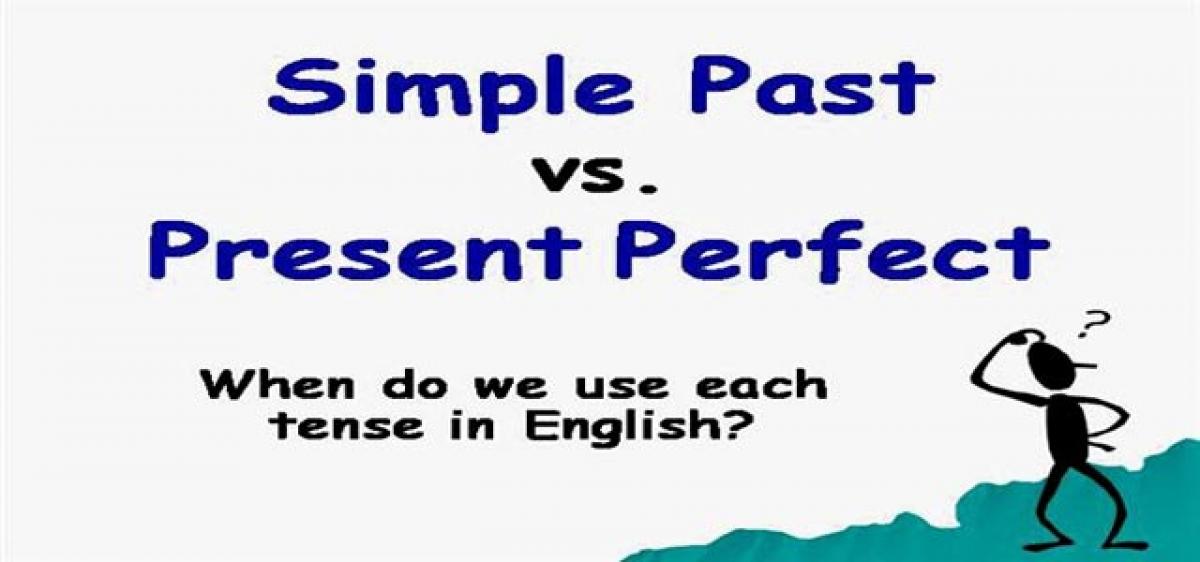Live
- Celebrating the global influence of Hindi
- Save Birds This Sankranti: Say No to Harmful Kite Threads
- Foundation Stone Laid for New Power Substations in Wanaparthy Constituency
- Emami Unveils Smart And Handsome: A Bold New Identity for the Future of Men's Grooming
- KL College of Pharmacy Advancing Healthcare Innovations and Research in Neuropharmacology and Novel Drug Delivery Systems
- Free online seminar on Cybersecurity Careers
- Coal mine tragedy: Navy divers return as pumping operations continue to rescue labourers
- Scholarships for Students
- Trinamool to expel leader arrested in Bengal councillor murder case
- We've got quality local & international players in SA20: League commissioner Graeme Smith









